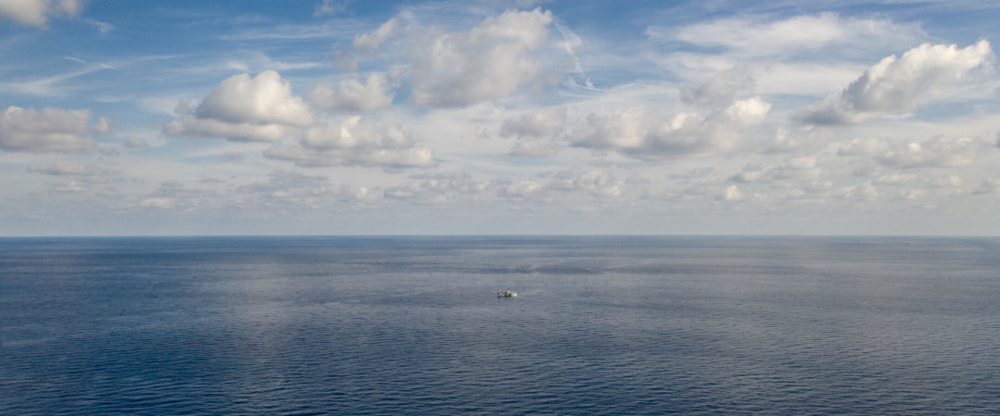
Now is the time for a High Seas Convention that truly protects our blue planet
An agreement to protect the high seas will help to protect wildlife, fight climate change and reduce human inequality in one stroke. It will ensure food security and livelihoods are better protected, which is more important than ever in the face of coronavirus. We cannot miss this opportunity.
Why do we need a high seas biodiversity treaty?
We only protect 1% of the high seas, but they are of unparalleled importance for wildlife and for us. They make up 95% of the occupied habitat of Earth, providing a home for everything from albatrosses to sharks. As the world goes through the first wave of the Covid-19 crisis, protecting the high seas and the vital wildlife found in them will be essential for protecting food security and livelihoods, tackling the climate crisis and producing vital medicines.
Without the high seas shielding us, we would already be in a full-scale climate breakdown. Over 90% of the warming of the earth between 1971 and 2010 was absorbed directly by the oceans, but it’s not just the waters themselves which protect us. The high seas are home to wildlife species which make vital contributions to the health of the planet. Whales, for example, support phytoplankton populations – if these plankton populations were increased by 1%, it would have the same climate benefits as around 2 billion mature trees.
Negotiations for the first ever UN treaty to protect the wildlife of the high seas have been postponed by Covid-19, but we cannot afford to let them fall away – our future depends on it.
Why now?
The incredibly complex web of life in the high seas is threatened by four key issues; most significantly overfishing, then the climate crisis, industrial pollution and finally plastic pollution, which has now reached every part of the oceans. After centuries of overexploitation, the incredible resilience of ocean ecosystems is weakening.
A growing number of scientists believe that to avoid catastrophic mass extinctions we may only have around 10 years to bring our impact on the ocean down to sustainable levels. Given the time it takes for treaties to take effect, this means reaching an agreement now - we can only reach a sustainable situation by 2030 if we stop the decline immediately.
There is a fundamental question of global environmental justice wrapped up in how we manage the high seas and the ecosystems they contain. Fisheries worldwide are mostly at capacity, overexploited or collapsing, yet a handful of rich nations take the lion’s share of the high seas catch. What should be a ‘global commons’ from which all of humanity benefits is imperilled to bring disproportionate benefit to just a small minority.
Without swift action now we risk setting off chain reactions of uncontrollable loss which will change ecosystems and our planet irreversibly.
What to do about it
We need a global agreement to have 30% of the oceans protected by 2030 to support wildlife, the oceans, and ourselves. Protecting 30% of ocean ecosystem types would allow wildlife to recover and would provide us with a stable source of oxygen, food, and jobs.
Importantly, this does not mean that fisheries would be cut off. The most important are excluded from proposed marine protected areas. If we don’t take these steps needed to curb overfishing and avert climate breakdown, fisheries will collapse comprehensively. The less affluent nations who contributed least to their destruction will suffer most from their loss.
On top of this, protecting more of the oceans will provide more fish to eat: there is a measurable increase in fisheries yields when they are next to protected areas. Even if the high seas were closed entirely to fishing, this would make no difference to the total amount of fish caught – because fish would be able to reproduce in the high seas and populations closer to shore would benefit. In fact, income inequality between maritime nations would be cut in half.
A robust treaty to protect the wildlife of the high seas gives us a chance to protect the oceans, protect the wildlife in them, and ensure a fairer, sustainable world for us all. We must not miss this opportunity; it might be the last one we get.
SIGN UP FOR OUR EMAILS AND STAY UP TO DATE WITH EJF